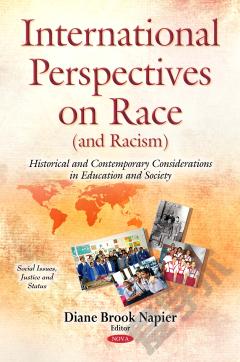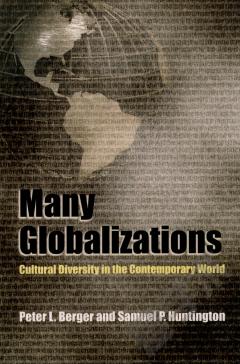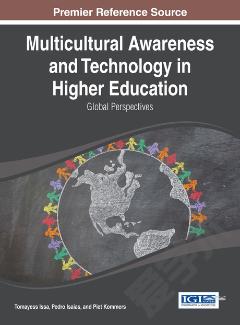Multicultural Education in Global Era: New Perspectives and Practices in Contemporary Society
This book is a collection of scholarly works that give us an overview of how theory, research, and practices in the field of multiculturalism and multicultural education are advancing and developing in the era of globalization today. The authors of each chapter in this volume illustrate the ways globalization as a social change on a world scale affects theoretical conceptualizations and various modes of intersections between multiculturalism and social factors of race, gender, and language in contemporary societies. A diversity of conceptual analyses and practices of multiple cases for the advancement in the processes of curriculum development to embrace the elements of global multiculturalism are offered in the volume. The curriculum in higher education needs to include global issues and multiculturalism, which reaches into the meanings of global capital flights and implications of domestic crises of culture. It is because global education in universities and colleges involves dimensions of curricula adjustment, assessments and feedback, and communications among students, teachers, and the community. When multicultural education has global components that help students develop cosmopolitan attitudes and become effective world citizens, students are able to develop a multiple number of allegiances to their racial or ethnic group, their own nation, and the globe.
{{comment.content}}








 京公网安备 11010802027623号
京公网安备 11010802027623号